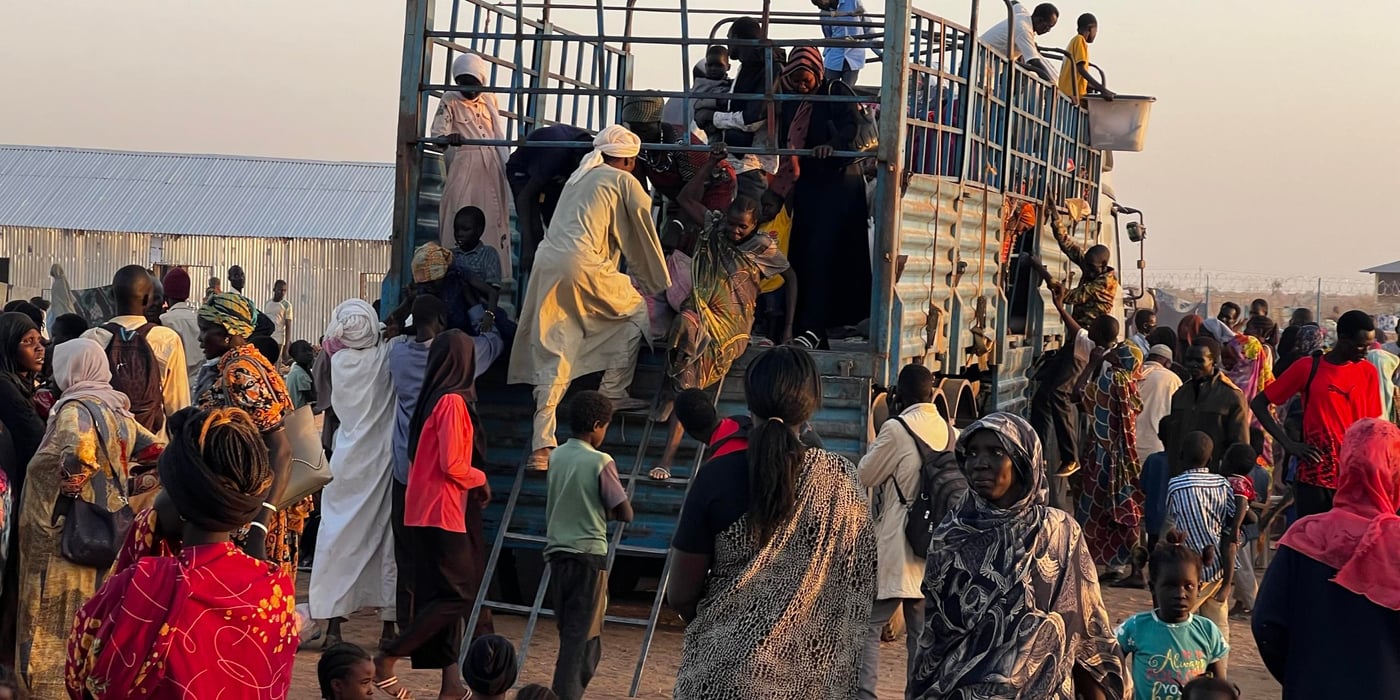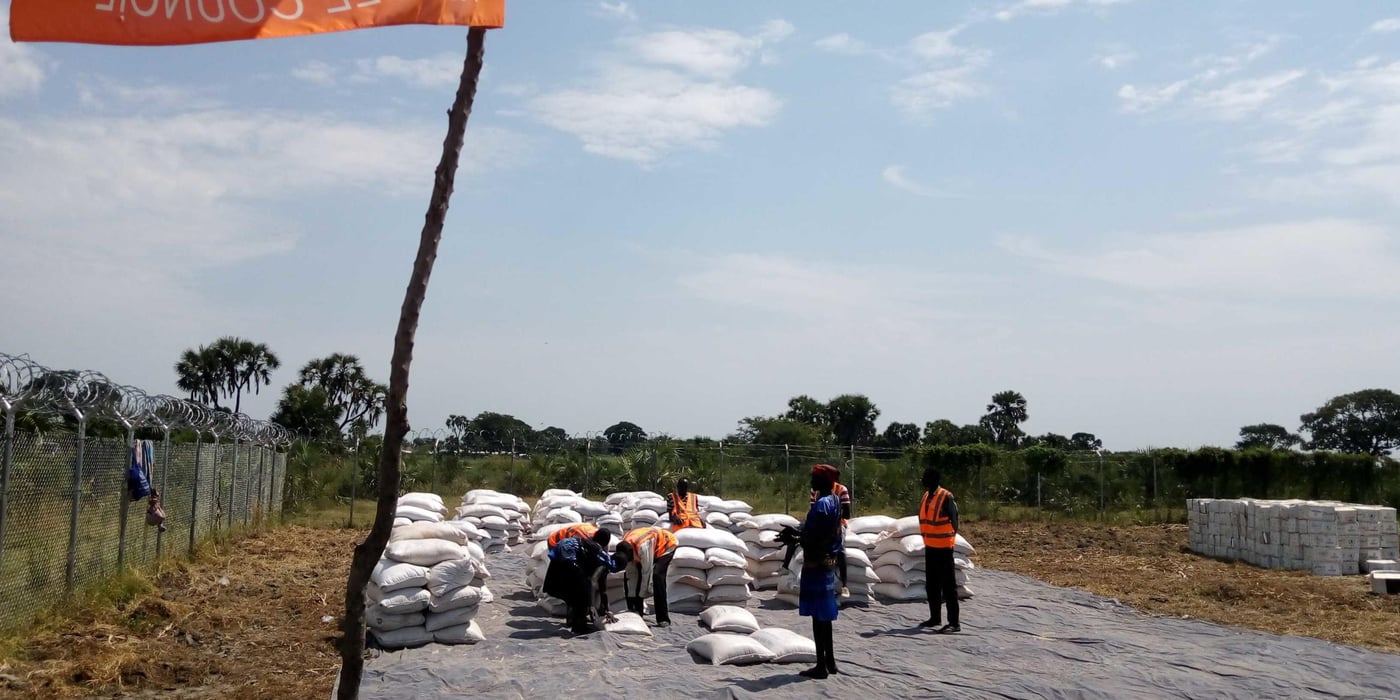
“Another important deadline has passed, and a lasting peace is no closer to becoming a reality. At the same time, this extension is an opportunity for all parties to continue negotiating and to crucially move forward with the peace agreement’s most contentious clauses. It is imperative that they engage in dialogue, make compromises, and deliver on the promises of peace,” said Miklos Gosztonyi, Policy Advisor with the NRC.
A six-month extension was granted to give the parties more time for the formation of a transitional government of national unity after they failed to resolve issues by this weekend's May 12 deadline – the date initially agreed when the peace agreement was signed last September.
While the signing of the fragile peace deal eight months ago has seen a reduction in fighting among the signatories, violence continues in some areas. There has been inter-communal fighting, cattle raiding, and clashes involving groups that did not sign the peace agreement. Meanwhile, the humanitarian situation continues to deteriorate with millions of people facing a growing food crisis as a result of the conflict.
“The food security situation continues to deteriorate mainly due to families fleeing conflict, low crop production, and humanitarian access challenges. Around 80 per cent of people in South Sudan are living below the absolute poverty line. Insecurity also stands in the way of the safe and dignified return for refugees who sought shelter in neighbouring countries, and for internally displaced persons,” Gosztonyi said.
“Now that power-sharing arrangements have been agreed towards the formation of the unity government, the parties should engage with the clauses of the agreement and agree to address the root causes of the conflict. The people of South Sudan have been living on the edge for too long and cannot afford any more delays to the peace they were promised,” he added.



